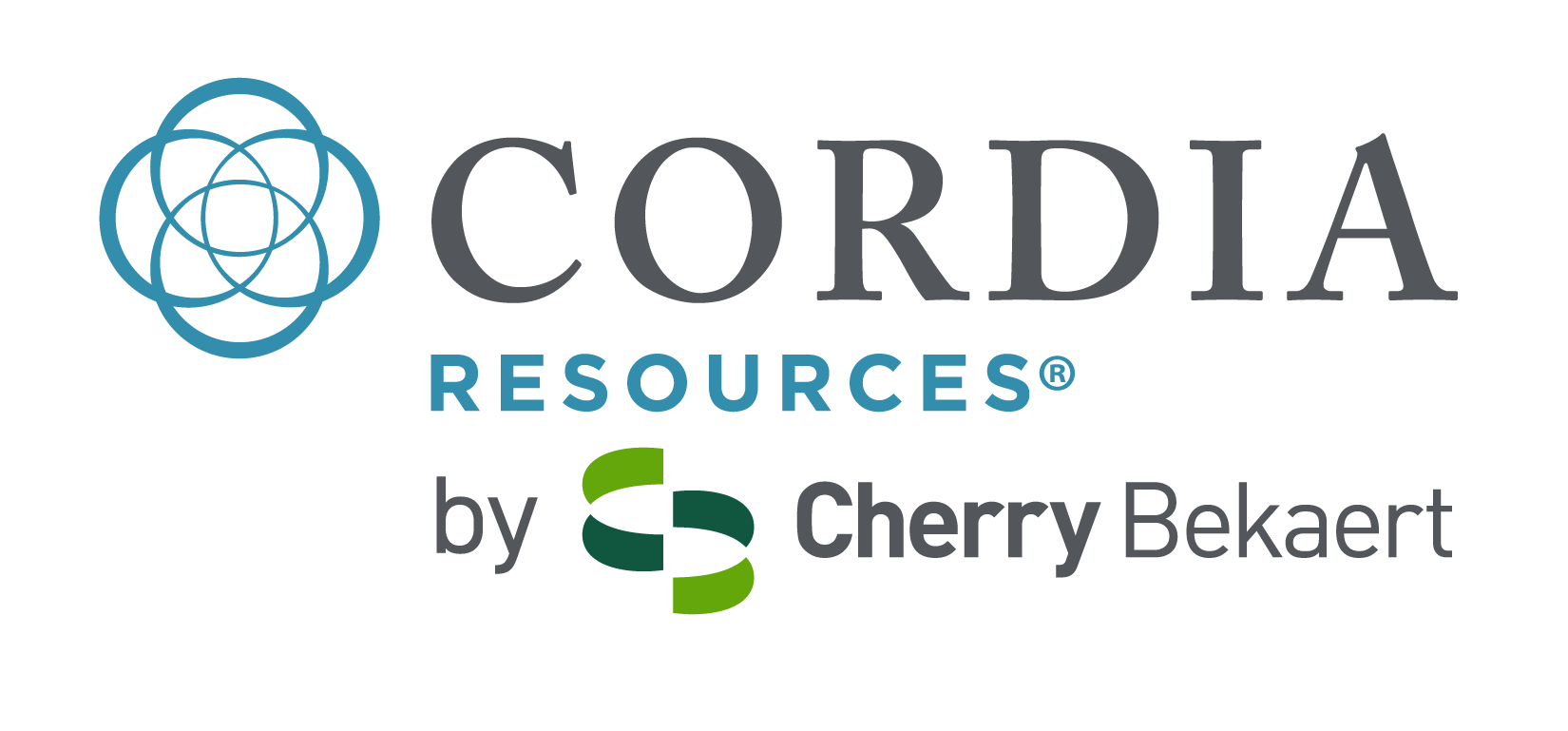
Despite the challenges and disruptions created by the COVID-19 pandemic, it’s an exciting time in talent acquisition. Transitions to an entirely virtual process has created new opportunities for efficiency and business growth. As part of the Human Resources Leadership Series, Cordia Resources and Human Capital Strategic Consulting hosted a webinar on the topic of talent acquisition, featuring three senior executives from key industry sectors—non-profit, housing, government contracting, and management and IT consulting, to gain awareness into how their organizations have pivoted their talent acquisition process during the pandemic and what the future of talent acquisition holds for businesses.
Below are some key takeaways from the insightful presentations of Angelique Kelly-Lara from Enterprise Community Partners, Liz Devoir from SAIC, and Tonia Patt from Booz Allen Hamilton. Each of these companies has continued to recruit, interview, hire, and onboard talent. Learn how they are leading change and supporting growth in their companies through their talent acquisition teams.
Pivot with Technology, but Focus on People
Each of the panelists’ companies already used some form of virtual talent acquisition, such as online interviewing, which allowed them to pivot quickly using additional digital platforms and tools. However, in an entirely virtual setting, companies are engaging with candidates differently and panelists quickly realized that some aspects of their “people” management process needed significant adjustments. For example, both hiring managers and candidates are accustomed to, and often prefer, face-to-face interactions, so companies had to prepare both interviewers and prospects for the best possible assessment. New considerations, such as testing technology before the interview, creating a distraction-free interview space, and engaging in more small talk to “break the ice,” became critical. Prioritizing people is essential to a successful transition.
Clear Communication is Essential
Communication is another key part of the evolution of the talent acquisition process. In transitioning their companies, panelists realized that internal and external communication gaps existed in their processes that needed immediate attention. Adjustments were made to:
- Establish new communications and training resources for hiring managers.
- Create fun activities to help hiring managers get comfortable with virtual interviews.
- Develop best practice guides for optimal online interview experiences.
- Communicate more frequently with candidates at every step of the hiring process.
- Integrate the company’s employer brand, story, and culture more effectively into all candidate communications, including social media and video.
Work with Internal and External Partners for Greater Success
Leveraging internal and external partnerships helps drive talent acquisition changes and business growth. It’s important to obtain advice and feedback during such a dramatic evolution. At Enterprise Community Partners, key departments—IT, legal, marketing communications, finance and human resources—were consulted for their expertise on various aspects of talent acquisition to ensure a thoughtful, intentional and successful transition. Similarly, Booz Allen Hamilton worked with internal stakeholders to adapt its two-day, in-person onboarding process to an effective online version. SAIC partnered with external job fair vendors to host virtual recruiting events. By shifting to an online forum, events were held more frequently and showed a dramatic increase in participation since candidates were no longer constrained by location.
Examine and Adjust Your Company’s “Story”
Panelists agreed that companies need to re-think how they brand themselves to candidates in an entirely virtual setting. They may need to review their story and revise key messages that hiring managers share to more effectively convey company value and culture. For example, hiring managers will need to deeply describe the culture and what it’s like to work for the company since prospects won’t physically visit an office during an interview.
Change is Hard, But It Strengthens Us
When asked about the current talent acquisition challenges these executives face, they mentioned that change is always a challenge and technology adoption, in particular, can be tough. But some of the outcomes are extremely positive—improved processes, creative solutions, efficient tools, stronger communities, and valuable experience. It’s essential to stay focused on hiring talented people to create business growth, even in uncertain times.



